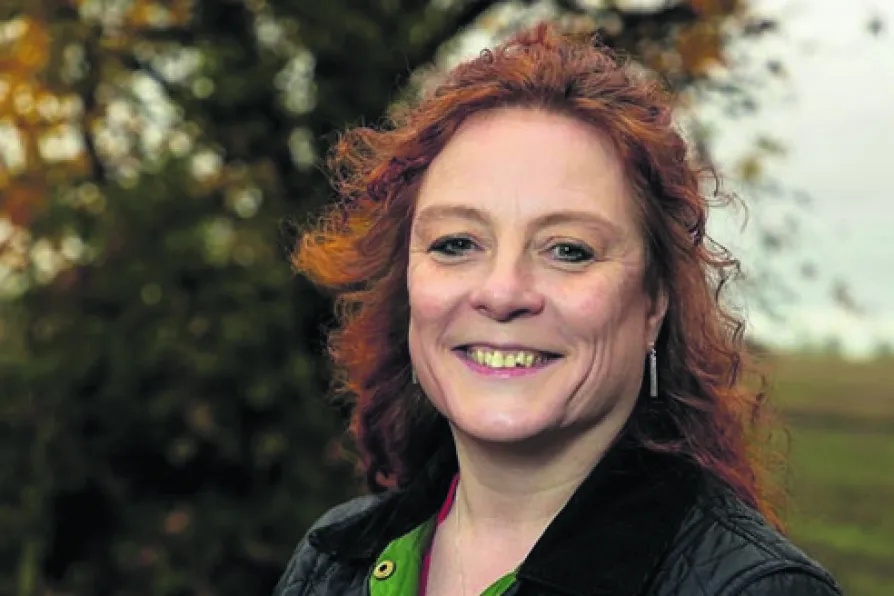The Carpathia isn’t coming to rescue this government still swimming in the mire, writes LINDA PENTZ GUNTER

 Labour's candidate for North East Derbyshire Chris Peace
Labour's candidate for North East Derbyshire Chris Peace
WHEN Tory candidate Lee Rowley took the Labour constituency of North East Derbyshire on a 12.5 per cent swing in 2017, it shocked many in the political and media world.
Sitting less than 20 miles south of Sheffield, the constituency — which comprises Dronfield, Clay Cross and several small villages — was one where coal was once king.
Labour had represented the area since 1935, and it saw socialist rebellion in the early seventies, when left-wing Labour councillors led by David Skinner — brother of Dennis — refused to implement laws that would force councils to raise their rents to private sector levels.

Durham Miners’ Association general secretary ALAN MARDGHUM speaks to Ben Chacko ahead of Gala Day 2025

The historic heartland of anti-fascist resistance and mining militancy now faces a new battle — stopping Nigel Farage. ANDREW MURRAY meets ex-Labour MP Beth Winter and former Plaid leader Leanne Wood, the two socialists leading the resistance

Ben Chacko talks to ALAN MARDGHUM of the Durham Miners Association about Reform UK‘s dangerous inroads into Durham’s long-standing Labour county council; why he cancelled his party membership; and the political class’s disconnect from working people











